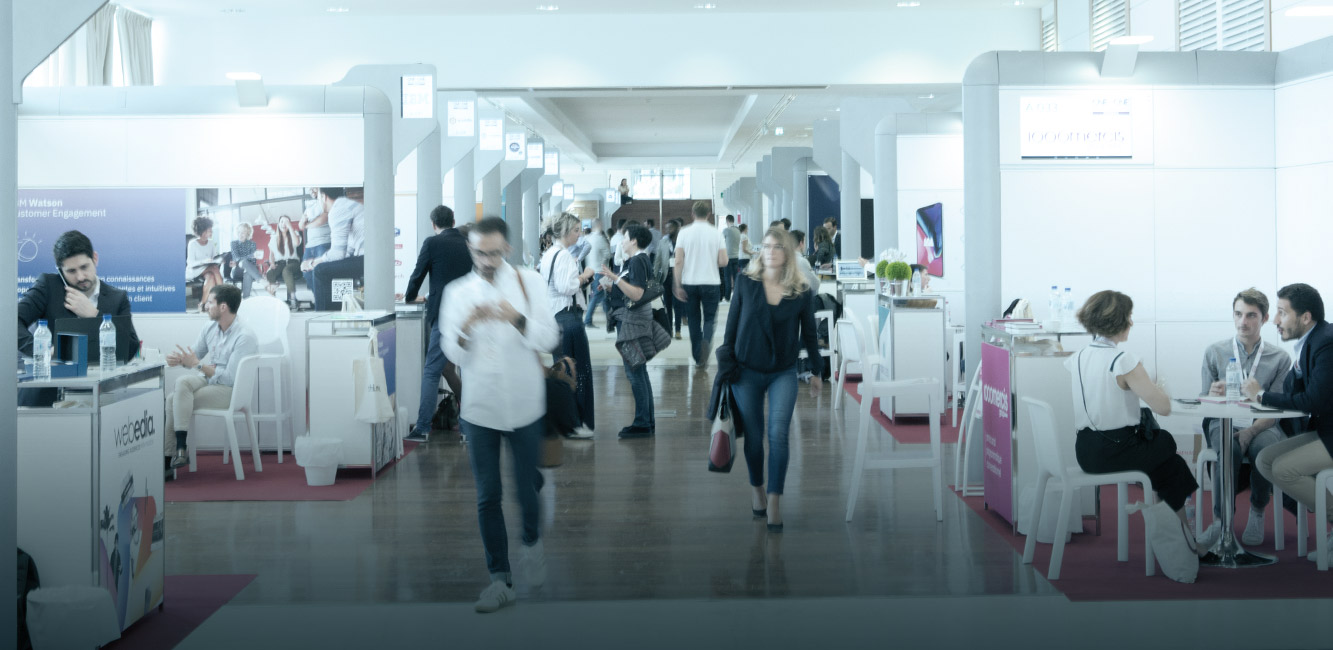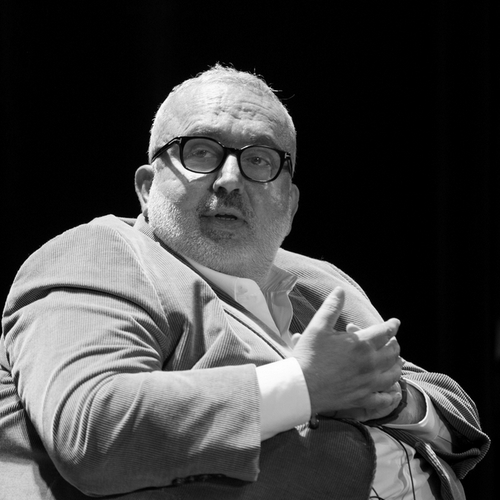Masterclass - Dominique Farrugia
In this conference, the author, producer and director of films, series, short films or feature films Dominique Farrugia discusses the relationship between the exploitation of data, content and creative processes.
Comedy +: how to perpetuate a content?
Canal+'s Comédie+ channel was created more than 20 years ago. The idea was to make it a "hot" channel, that is to say not an image tap, but a live meeting. Innovation has been improvised over time, based on a need for profitability. To be profitable, the channel had to propose a program articulated on skits, thus short programs in live. She was therefore avant-garde in the field of microcontents.
To sustain a content, it must first be good, because the listeners stop to watch if they lose their interest. But we must also seek financial means from advertisers, and create programs where we find the values of the advertiser, without placing it at the heart of the program.
A brand can initiate trends because it fits into a Momentum. For a sign, accompanying a film or series can bring a lot of positive to his image.
It is important that brands think about their inclusion in content projects. Dominique Farrugia believes that it is possible to produce intelligent content in any type of format, in which they can have an important role. For that, the series or the film concerned must take the values of the sign to convince the listeners, without at the end, the name of the product appears. This is possible, but involves a long job.
What have been the evolutions of the creative process over the decades?
Should we target the quantity or quality of content creation, and how to target messages in a massive way? For Dominique Farrugia, we have to wonder about who watches the programs and the moments when they are watched. A live broadcast needs to produce buzz to return the next day and cause the desire to see the buzz evolve, for example.
The way content is consumed today has a huge impact. Apart from news and football, very few programs are watched live. Viewers watch what they want when they want it, so it becomes difficult to place advertising.
Between the first broadcasts of Dominique Farrugia and today, nothing has really changed in the form of writing, because the author remains alone in front of his sheet. Nevertheless, it has become difficult to launch and achieve a form of notoriety via word of mouth as at the time of the creation of Canal +. On the other hand, the politically correct prevents to create certain contents.
Today, talent can be found on social networks and YouTube, in a huge permanent casting; whereas at the time of Comédie +, the talents were by the stage, which was the breeding ground for comedians. If, at the time, it was possible to create programs such as the Petit Théâtre de Bouvard which gave birth to many famous comedians, this is no longer the case today.
In the United States, Netflix crosses the country to find young stand-uppers, and potentially have them sign for series, but the platform is aimed primarily at people already famous. Comédie + was for Canal + a real laboratory, something that no longer exists today; and which a priori will no longer exist in the future.
What are the relationships between data and content creation?
The audience views its content whenever and wherever it wants, immediately. The link between consumers and television is now mainly through the live, which remains the real cradle of the buzz. Recorded programs are slowly shutting down.
Today, mobility is at the heart of everything. People start a series in their room, follow it in transport and finish it in their living room, on their mobile or tablet. The viewing experience continues all day and everywhere. This explains the proliferation of platforms such as Netflix, such as Apple is becoming a content platform and seeks to sign big names of creative.
Moreover, the generation that consumes content on mobile is not used to pay, which is why the model "free-to-play" works well in the field of video games. It's the same in the world of film and series.
For Dominique Farrugia, the podcast is a very interesting format that provides a real desire to confront different things in everyday life, essentially cultural. As a consumer, he explains how to retrieve content from France Culture and listen to it during the week-end because he does not have the time to do it during the week.
In addition, the cinema and the series are part of the major arts in the same way as painting or photography. They can not be written by anyone other than an author, whether good or bad. The place of artificial intelligence is therefore still confused today in the creative process.
For its part, the data is not able to create anything artistic, or even braking audacity and creative sparks relying on analysis to push the creation. On the writing itself, neither artificial intelligence nor big data bring or explain anything.
On the other hand, they can give information on the geographical areas of diffusion and the profiles of the audiences, Netflix being a good example. Platforms of this type rely on choice elements, profiles and desires to send the right content to the right people.
Speaker: Dominique Farrugia

